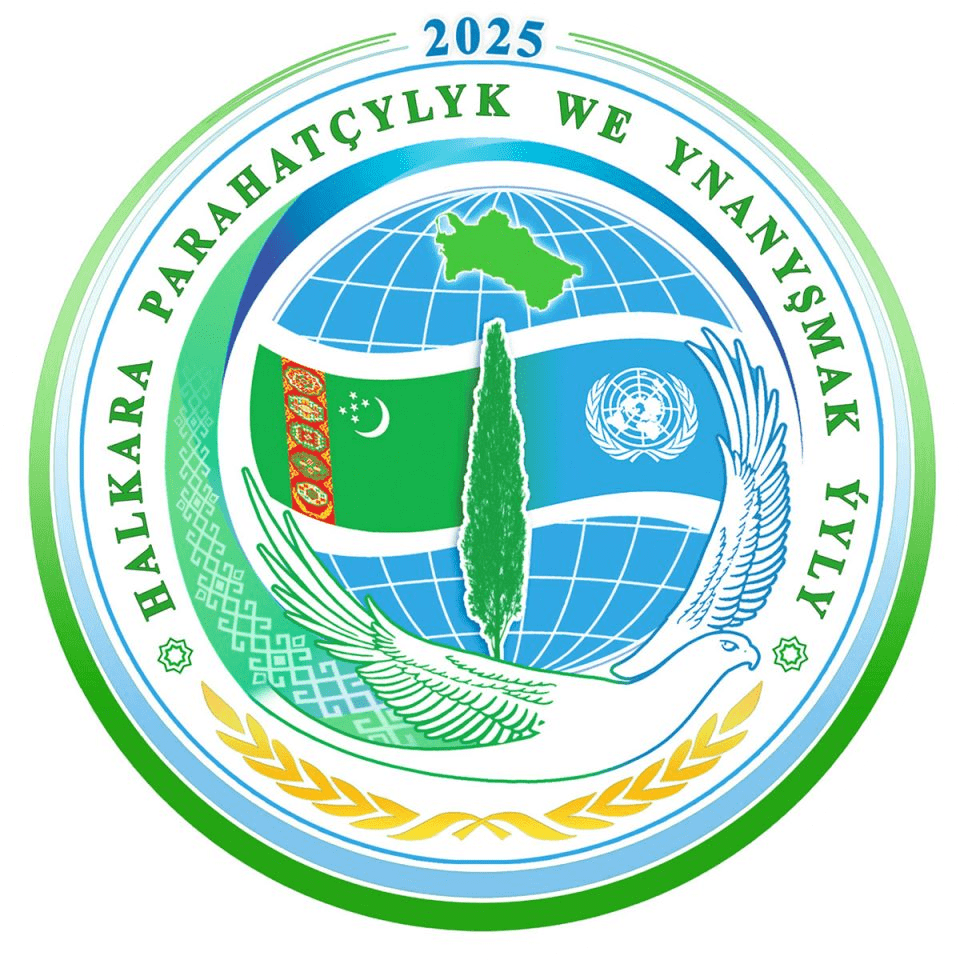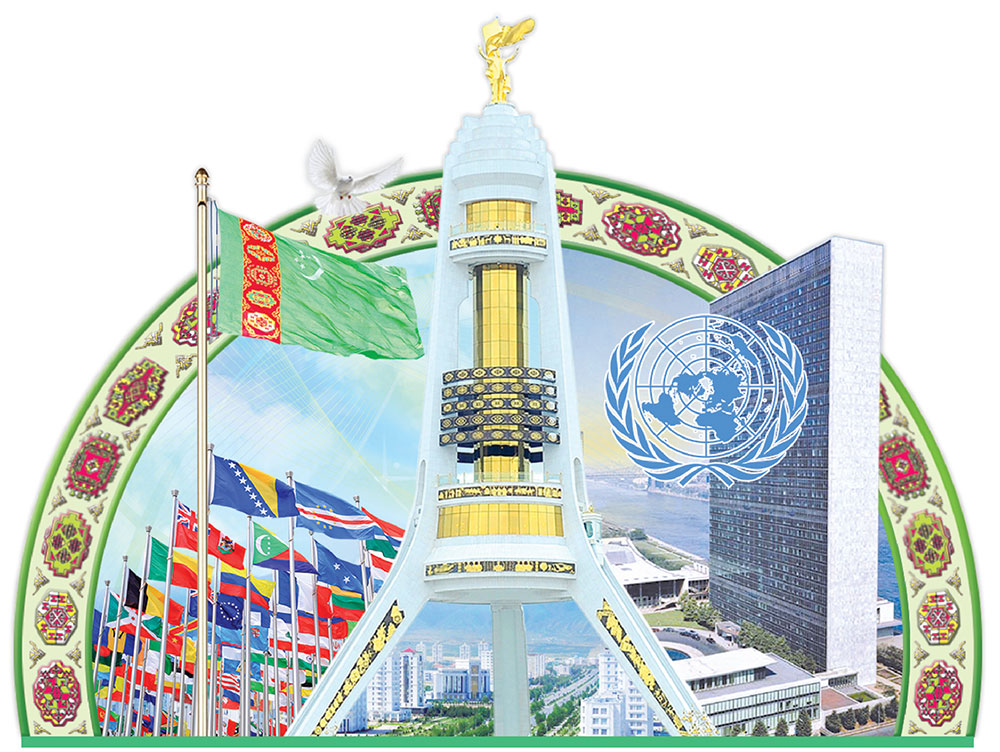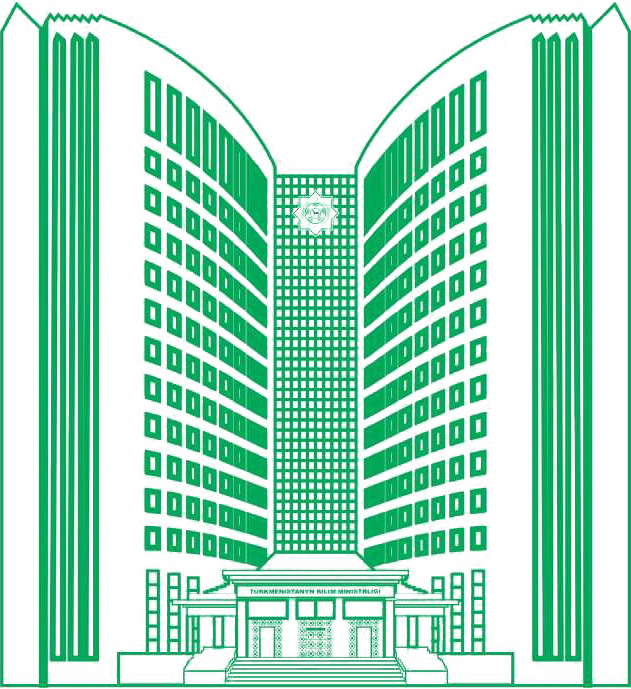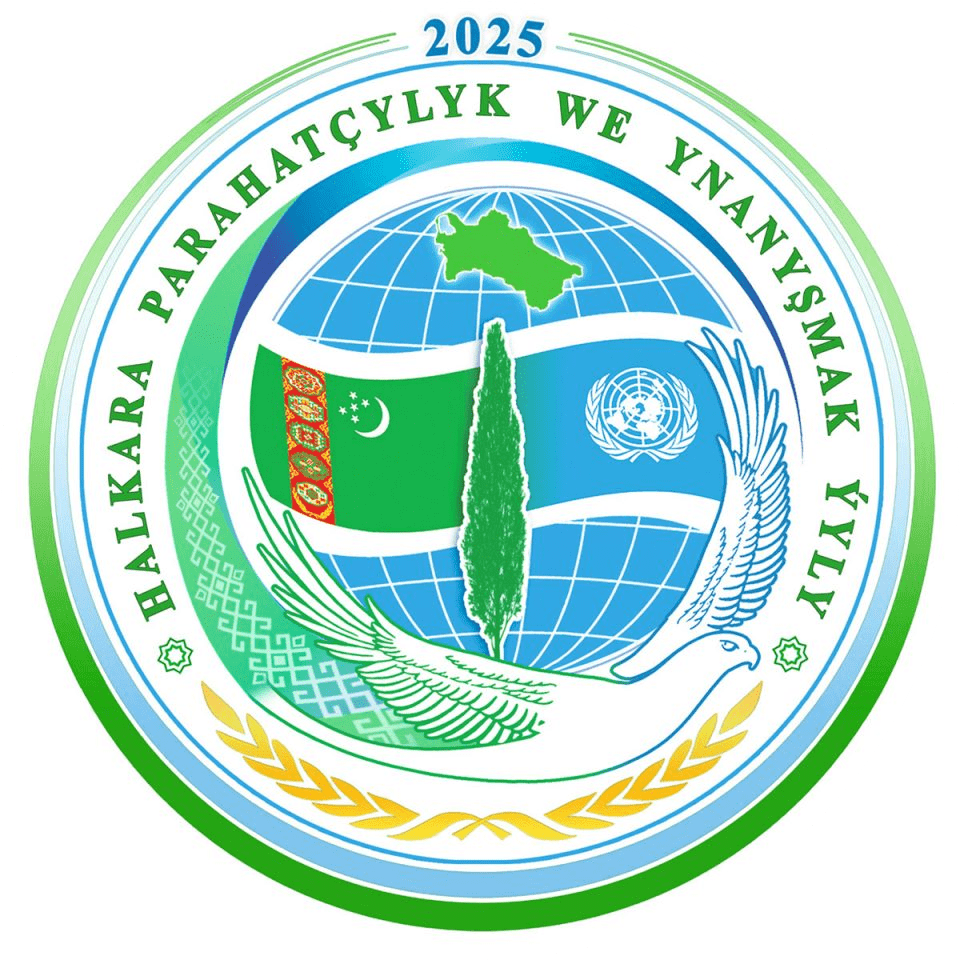
News
The UN Representative Forum has completed its work
265

On 8 August, the closing plenary session of the Third United Nations Conference on Landlocked Developing Countries was held, bringing together high-level officials from LLDCs, international organizations, as well as representatives of the private sector and civil society.
The agenda included a review of the results of the forums and high-level roundtable meetings held within the framework of the international Conference, as well as consideration of the draft Avaza Political Declaration and the announcement of the Avaza Action Programme.
One of the first topics of discussion was the reports on the results of thematic round tables devoted to such issues as simplification of trade operations, modernization of transport and energy infrastructure, attracting investment, adaptation to climate change, high technology and innovation.
As noted, the interactive format of the meetings facilitated the exchange of experience and the development of specific recommendations aimed at the economic development of landlocked developing countries. The participants of the meeting expressed confidence that the practical implementation of these recommendations will help solve the problems faced by LLDCs and build a more inclusive, sustainable and happy future.
Particular attention was paid to the results of the forums held within the framework of the Conference, which became an effective platform for dialogue between government agencies, the private sector, youth, parliamentarians and civil society, and created conditions for identifying new opportunities in terms of investment and innovation. According to the mutual opinion of those present, such events contribute to the establishment of interaction and the successful implementation of the tasks envisaged in the Action Programme for LLDCs.
The draft Avaza Political Declaration was then considered. It notes the importance of a comprehensive approach to addressing the challenges faced by LLDCs. In particular, the document identifies specific measures to improve transport infrastructure, develop trade, adapt to climate change, and strengthen institutional capacity. The meeting participants emphasized the relevance of adopting the Declaration to ensure its effective implementation at the national and international levels.
As emphasized, the Declaration is an important political document confirming the commitment of landlocked developing countries to the principles of sustainable development and international cooperation.
During the discussion, the speakers noted the need to strengthen partnerships, use financial resources and exchange technologies to address the problems existing in the LLDCs. The participants of the meeting, noting that they agree with the provisions of the Declaration, emphasized the importance of civil society participation in its practical implementation, which is a key condition for achieving sustainable results.
Then, in accordance with the agenda of the meeting, the Conference report was approved, which sets out the main results and recommendations of the Third UN Conference on Landlocked Developing Countries. As was emphasized, the document demonstrates a high level of cooperation and solidarity between countries and is intended to become an important tool in monitoring and evaluating the implementation of the Avaza Action Program. In this context, confidence was expressed that the results of the Conference will be actively used in national development strategies.
The final part of the meeting was devoted to the closing of the Conference. Representatives of states and international organizations in their speeches expressed gratitude to the Turkmen side for the high level of organization of the event. The Third UN Conference on Landlocked Developing Countries has become an important step towards strengthening international partnership and developing strategies for the sustainable development of LLDCs, the meeting participants emphasized, noting that the joint efforts of states, international partners and the private sector will contribute to the achievement of the Sustainable Development Goals.
In her speech, UN Under-Secretary-General, High Representative for the Least Developed Countries, Landlocked Developing Countries and Small Island Developing States Rabab Fatima expressed gratitude to the Government and people of Turkmenistan for the hospitality and high level of organization of the Conference and thanked President Serdar Berdimuhamedov for his personal participation in the opening of the Forum and the conditions created to ensure its success.
“The conference opens up new opportunities for landlocked developing countries,” continued Rabab Fatima, noting that the Awaza Programme of Action and the Awaza Political Declaration identify specific measures and solutions to ensure sustainable growth for these countries.
The UN Deputy Secretary-General also confirmed the readiness of the United Nations to continue cooperation with international and regional organizations and other stakeholders to achieve concrete results of the Programme and expressed gratitude to all participants of the Forum.
As the Deputy Chairman of the Cabinet of Ministers, Minister of Foreign Affairs of Turkmenistan noted, during the Conference, landlocked developing countries demonstrated that through political will, multilateral cooperation and shared responsibility, they can overcome geographical barriers and become the driving force of regional and global development.
As noted, the two important documents announced today are intended to become a Roadmap for the coming decade. The Avaza Action Programme for 2024–2034, along with specific measures to modernize the transport and transit system, diversify economies, intensify digital transformation, increase resilience to climate change, and attract investment, provides for the creation of a platform for inclusive and sustainable development in all landlocked developing countries.
The Avaza Political Declaration, as an expression of unity and solidarity, reaffirms the shared commitment to the implementation of the 2030 Agenda, promoting multilateral partnerships and ensuring the full integration of landlocked developing countries into the global economy.
As noted, Turkmenistan, as the host country of the Conference, expresses its gratitude to the United Nations, Member States and agencies, regional commissions, international financial institutions, civil society, youth and representatives of the private sector for their contribution and cooperation in holding the Conference.
Summing up the meeting, the Deputy Chairman of the Cabinet of Ministers, Minister of Foreign Affairs of Turkmenistan, called on the Forum participants to move forward in the name of implementing common commitments into concrete achievements for the benefit of all peoples and future generations, to promote development through partnership and to build a more inclusive and sustainable future.
Expressing confidence that the agreements reached and documents adopted will serve as a solid basis for further joint action, the meeting participants confirmed their commitment to further cooperation for the practical implementation of the Forum’s decisions and recommendations.
The announcement of the official closure of the Third UN Conference on Landlocked Developing Countries at the final plenary session marked the beginning of a new phase in the implementation of the Avaza Agenda for Action at the national and global levels.
Overall, the Conference became an important event in international cooperation. Neutral Turkmenistan provided an effective platform for discussing topical issues related to developing countries that do not have access to the sea, and the legal status of neutrality of our Fatherland contributed to the development of dialogue between the participants in an atmosphere of trust and openness.
Turkmenistan, as the host country, demonstrated its commitment to international standards and principles, strengthening its position in world politics. Holding a large-scale UN event in Avaza, while promoting the strengthening of our country's international cooperation, increased its importance as a platform for dialogue between different regions and cultures.
744000, Turkmenistan, Ashgabat city, Baktyarlyk etrap, Magtymguly avenue, 136 house
© 2025 Ministry of education of Turkmenistan Innovation information center. All rights reserved.





